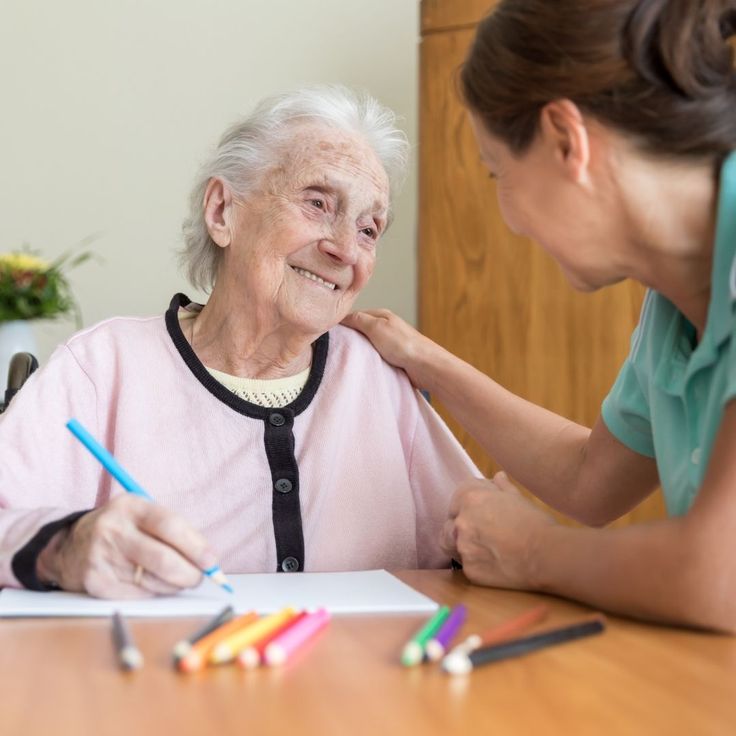
Lifelong Learning Longevity, Imagine this: A seventy-five-year-old woman sits at her workstation learning to code for the first time, gaze fixed on a laptop screen. After retirement, a 68-year-old guy starts painting, playing with colors like a child with a fresh crayon box.
A group of elderly people in Japan does calligraphy in the meantime to hone their fine motor skills and keep their wits alert. These are scientifically supported techniques for improving cognitive health and lengthening life, not only pastimes.
Aging is about the quality of life you keep as the years go by, not only about the number of candles on your birthday cake. One of the best ways to age gracefully is to continue learning.
Keep on learning. Lifelong learning keeps your brain busy but also really affects general health, mental well-being, and lifespan. Let’s examine how you can stay sharp and flourish as you age, using some reasonable and scientifically supported advice.
Imagine your brain as a muscle; if you don’t utilize it, you lose it. Participating in new intellectual challenges improves neural connections, promotes neuroplasticity (the brain’s capacity to reshape itself), and lowers the risk of cognitive decline.
Adults who keep learning all their lives, according to a University of Edinburgh study, have superior memory and shorter cognitive decline than those who do not.
Keeping your brain active can help prevent neurodegenerative disorders like Alzheimer’s and dementia, whether you’re learning a new language, playing an instrument, or solving puzzles.


A significant paper in the journal Psychological Science revealed that people with a lifetime learning attitude usually live longer. What for? Intellectual involvement promotes brain cells, improves synaptic connections, and helps to create a more generally healthy life.
Harvard studies also revealed that those with greater education tend to choose healthier lifestyles, work out more, and control stress better—all important elements in longevity. The good news is, though, that it’s not about official schooling. Any sort of education matters!
Lifelong Learning Longevity, Have you ever heard the saying, “Use it or lose it”? This is true not only for cognitive performance but also for social engagement. Major risk factors for cognitive deterioration and early death are loneliness and isolation.
Classes, book clubs, and group activities all serve to keep you socially engaged, hence lowering stress and improving emotional well-being.
Studies from the National Institute on Aging indicate that keeping social relationships via learning and hobbies can lengthen your life by reducing the chance of sadness and enhancing a feeling of purpose.
Learning in a social environment yields benefits, whether it’s through online courses, community college classes, or even game nights with friends.


Stress that is chronic hastens aging. The catch is that active participation in learning and curiosity can lower stress and boost resilience. Your brain produces dopamine, the “feel-good” neurotransmitter, when you engage in learning something fresh, which helps to reduce stress and boost drive.
Mindfulness-based learning exercises, such as meditation, journaling, or even learning a musical instrument, have been demonstrated to lower cortisol levels (the stress hormone) and enhance mental clarity. Therefore, the next time you feel overrun, consider exploring a new area of interest rather than doom-scrolling social media.
Lifelong learning has advantages you may enjoy even without a degree program. Here are a few easy, scientifically supported ways to include knowledge in your everyday schedule:
Reading even only fifteen minutes a day can improve brain function.
Apps such as Duolingo or Babbel make this simple and enjoyable.
Anything that pushes you qualifies—cooking, crafts, programming.
Chess, Sudoku, and crossword puzzles help keep your mind alert.
Websites such as Khan Academy, Udemy, or Coursera provide thousands of subjects.
Many towns provide complimentary learning activities.
Sharing information strengthens it in your own head.
Lifelong Learning Longevity, Lifelong learning is surprisingly not only beneficial for your brain; it may even enhance your physical health as well. Research has indicated that over time, those who participate in regular intellectual engagement tend to keep greater physical health and mobility.
Learning new abilities like dance, yoga, or even martial arts helps enhance balance, coordination, and muscular strength, lowering the chance of falls and accidents as you age.
Research also shows that people who always learn are more likely to develop better sleep hygiene, regular exercise, and appropriate nutrition, among other things.
The more you know about health and well-being, the more likely you are to choose things that support lifespan.


Lifelong Learning Longevity, Though constant learning builds emotional resilience and helps people adapt to changes in life with ease, aging brings unavoidable adjustments.
Participating in new learning opportunities pushes the brain to be more adaptable, hence enhancing emotional control and problem-solving abilities.
For instance, starting a new interest after retirement might provide one purpose and help to avoid sensations of boredom.
Learning about mindfulness or positive psychology, likewise, helps people to be equipped with tools to handle stress, loss, and other emotional aging-related issues.
Maintaining independence and social involvement in the technology-driven society of today depends on digital literacy.
Learning to use smartphones, tablets, and computers can help older adults stay in touch with loved ones, access health resources, and even manage finances more efficiently.
Online learning tools, virtual communities, and telemedicine all help tech-savvy seniors as well, all of which help to improve their quality of life.
Digital learning bridges the gap between generations and improves general well-being whether one participates in a social media group, takes an online course, or uses a fitness tracker.


Lifelong learning is beautiful since it is always possible to begin.
Engaging in new intellectual activities can really affect your mental health and longevity whether you are 20 or 90. Living better is as important as living longer.
What is something new that you have always wanted to study? Perhaps this is the ideal day to begin. After all, your future, sharper self will thank you for it!